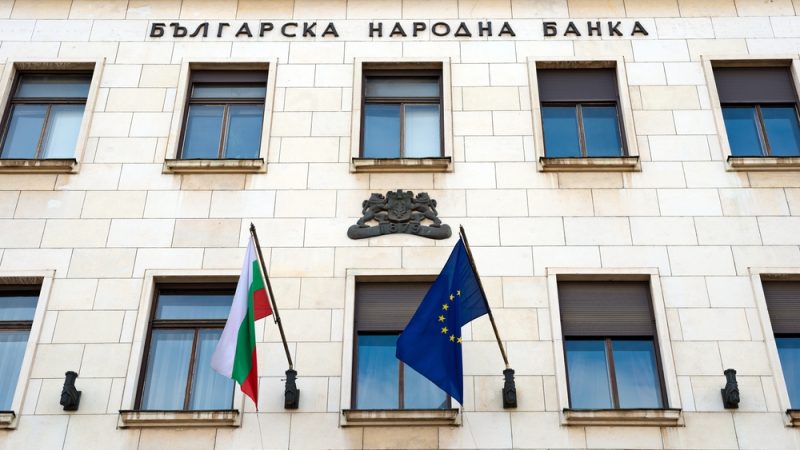Bulgarian National Bank (BNB) Governor Dimitar Radev said that the Bulgarian government, in power since 2020, is to blame for the lack of real political efforts towards euro zone membership, while adding that the 2025 He said that joining the eurozone remained realistic.
Bulgaria's first stated goal was to introduce the euro on January 1, 2024, but the country was unable to pass the necessary legislation and rising inflation became a further obstacle.
Radev, who has been president of the BNB since July 2015, said that Bulgarian politicians have so far shown “a hesitant and, in some cases, completely contradictory attitude towards the eurozone, which has led to Bulgaria's move towards the eurozone. “This is the main barrier to adoption.”
“Bulgaria needs above all a clearly established, sustainable and pro-European political structure, which was missing after joining the European Monetary Mechanism and the Banking Union,” Radev said at the international conference. Speaking in “Bulgaria in the Eurozone – When?” on tuesday.
He said the lack of political will by Sofia's ruling majority in 2021 delayed Bulgaria's application to join the euro zone by at least a year, as a national plan for euro adoption was not adopted in time. I reminisced.
Radev also pointed out that the previous government led by Nikolai Denkov, who was ousted in April, was based on a clear pro-European platform but remained extremely politically unstable.
He stressed that whether Bulgaria adopts the euro in 2025 is up to politicians in Sofia.
“The first priority is to restore political contacts at the highest level. We must not forget that Bulgaria's accession to the eurozone is a political process and a political decision. Unfortunately, in recent years “Communications on this topic have become more ceremonial than substantive,” Radev said.
He called for the euro introduction law to be passed as soon as possible amid the ongoing political crisis. Bulgarians will go to the polls on June 9 to vote in the European elections and the country's sixth parliamentary elections in three years.
Radev said the law will help state and local governments adapt to the euro, and BNBs and commercial banks will be ready for implementation by the end of 2024.
“If this scenario materializes as soon as possible after the elections, it remains highly likely and completely realistic that Bulgaria will join the eurozone in 2025,” BNB said.
Sofia's pro-European parties see eurozone membership as the end of Bulgaria's full political integration, making it impossible for far-right and pro-Russian forces to pull Bulgaria out of the eurozone.
“As a result of the recent political crisis, we have lost both initiative and leadership in the process of euro area accession. Nevertheless, our readiness remains high. To successfully complete this process We need a sustainable, pro-European political structure,” Radev said.
(Klassen Nikolov | Euractiv.bg)


